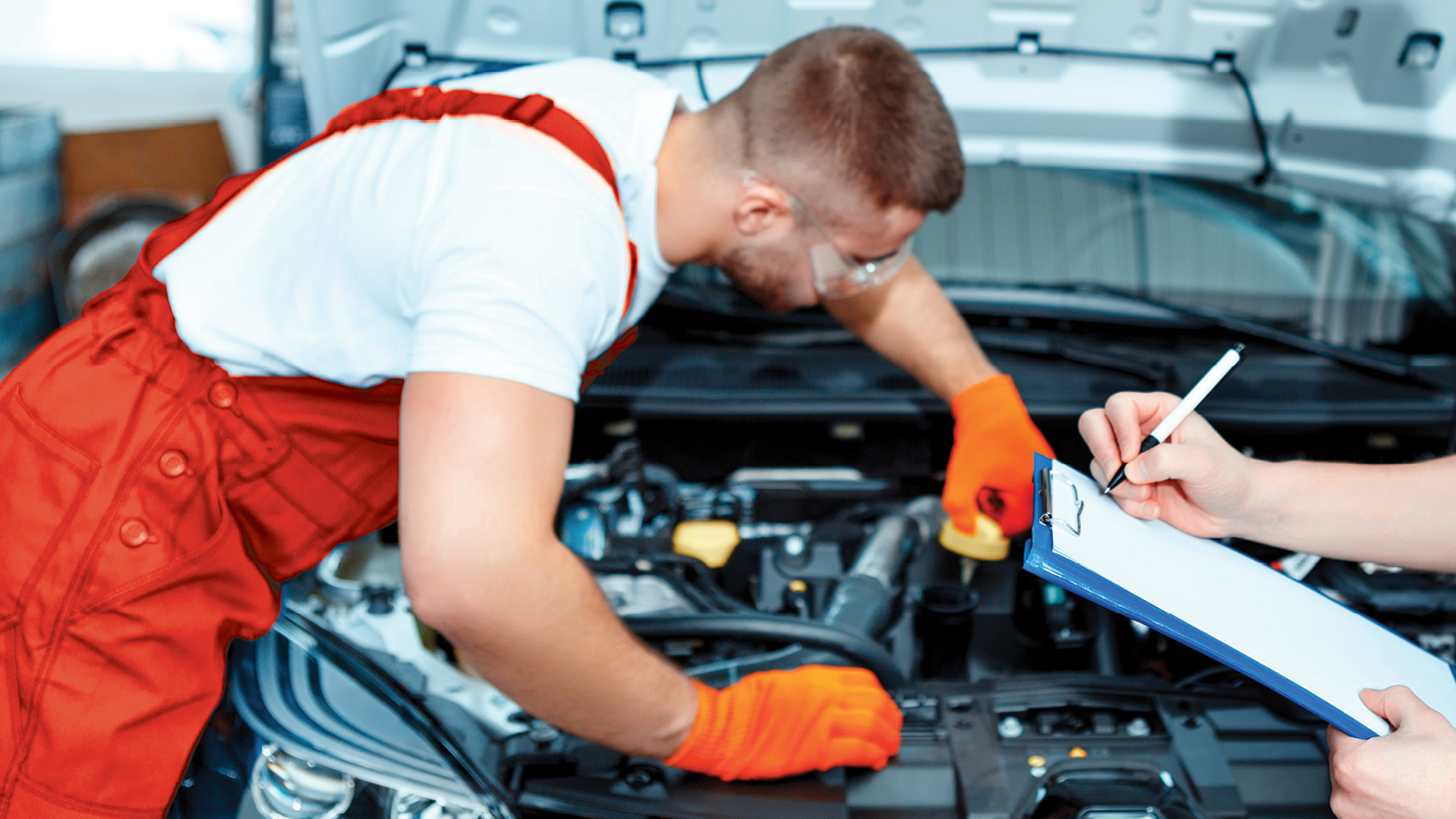
Car maintenance can be a daily concern for those who rely on their vehicles to get around. How frequently the maintenance service differs depends on the vehicle type, manufacturer, how long it has been driven, and other factors. Below are several essential things to consider when determining how often to have your car serviced.
A Quick Guide To Car Servicing
When you take it for service, your vehicle undergoes a series of repairs and maintenance procedures. The procedures are paramount if your car has covered certain miles or a period as set recommended by the manufacturer and your mechanic.
The vehicle manufacturer will suggest how often to service the car and other related practices. The check-ups help keep your vehicle in top-notch condition, saving you from costly, avoidable repairs and helping you save more cash.
Typically, you are advised to take your car for a full service once a year or after covering 12,000 miles. However, you might need to take the vehicle to the auto shop soon than expected, depending on how you drive it and the car’s make and model. Check the logbook to note the last time you when for a full service; details that your mechanic updates on the logbook after completing a service.
Modern vehicles with onboard diagnostic systems will alert you when the next service is due and the faults to address. Never ignore such notifications, even if they appear before covering 12,000 miles or 12 months since the last maintenance service.
Routine servicing improves your car’s performance since it will be more fuel efficient and primed for the roads because it is in the best condition possible. That is how your vehicle will run longer without a glitch.
Regular Maintenance
Periodic checks ensure your car runs smoothly. The inspections might seem light, but they focus on vital elements that work together to ensure your car’s systems work without a glitch. They include checking, topping up, and changing the power steering fluid, radiator coolants, brake fluid, and oil and assessing the brake pads, spark plugs, oil filters, wiper blades, and other consumables. The regular maintenance service also includes examining the fluid transfer pipes and hoes. Tuning4Performance is committed to providing quality maintenance services from door to door. They also offer specific kit sets that partner with the best dampers and springs to create the optimal ride.
Interim Service
It is a more laid-back maintenance service compared to full service but takes a deep look at your vehicle to identify and fix any problems that might be missed in a regular maintenance service. An experienced engineer carries out the service after your vehicle covers 6,000 miles or every six months. It is not meant to replace a full (comprehensive) service, but it helps identify and address any problems before they worsen and become costly repairs. The interim service is a 50-point inspection that includes checking and replacing the engine oil and oil filter.
Full Service
It is a comprehensive service entailing a 77-point inspection and is best done once a year or after every 12,000 miles, depending on which comes first. The mechanic or engineer attending to your vehicle will change the air filters, oil filters, and engine oil and analyse critical parts like the brake pads, brake lines, spark plugs, and mechanical systems that are essential for your safety when operating the vehicle. Expect certain items with a limited lifespan to be examined and replaced to keep them from triggering other problems.
Manufacturer Service
Higher-spec cars as best serviced by the manufacturer or recommended specialists. Manufacturer services are scheduled to ensure that the vehicle is well-maintained and per the creator’s recommendations. Hence, manufacturer services are done at a designated garage, or car dealership managed or owned by the vehicle’s makers. The manufacturer qualifies the technicians working on your car, and many of the parts used come from them.

